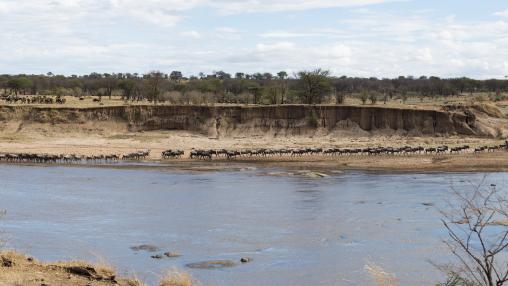
Climate Change Poses Additional Challenges for Food Security
With the global population predicted to reach 9 billion by 2050, and incomes in developing countries to continue rising as well, increased global demand for food in the coming decades will place unprecedented pressure on sustainable food production. Climate change poses a further challenge, as changes in temperature and precipitation threaten agricultural productivity and the world’s capacity to feed a growing population.
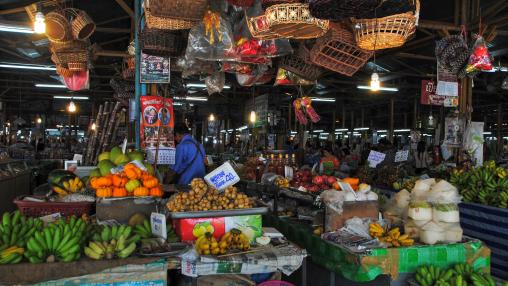
Interagency Report to the G20 on Food Price Volatility Released
G20 leaders at their summit meeting in November 2010 requested FAO, IFAD, IMF, OECD, UNCTAD, WFP, the World Bank, and the WTO to work with key stakeholders “to develop options for G20 consideration on how to better mitigate and manage the risks associated with the price volatility of food and other agriculture commodities, without distorting market behaviour, ultimately to protect the most vulnerable.”

FEWS NET Releases Food Security Brief for North Africa and the Middle East
The Famine Early Warning Systems Network (FEWS NET) has released a food security brief for North Africa and the Middle East which examines food price trends in these areas. Increasing food prices are expected to have a stronger impact among populations where chronic food insecurity is more widespread, such as Pakistan, Yemen, Sudan, Morocco, Syria, Egypt, and Iran.

FEWS NET Releases Latest Monthly Price Data
The Famine Early Warning Systems Network (FEWS NET), funded by USAID, has released its latest monthly price watch detailing staple food prices for February 2011. These reports provide food security updates for 25 countries vulnerable to food insecurity, focusing on impacts on livelihoods and markets. These updates can help policymakers recognize and mitigate potential threats to food security.
Download the latest reports below. For more information regarding FEWS NET, please visit www.fews.net .
Files:

Climate Change
Climate change poses both challenges and opportunities for sustainable agricultural growth, particularly in the developing world. As was witnessed during the 2010 droughts in Russia and floods in Pakistan, major climatic events can have significant negative impacts on agricultural markets, forcing global food prices higher and threatening the world’s food security.
As climate change continues to present new constraints to traditional agriculture, appropriate responses will require complementary policies at the farm-, country-, and global levels.
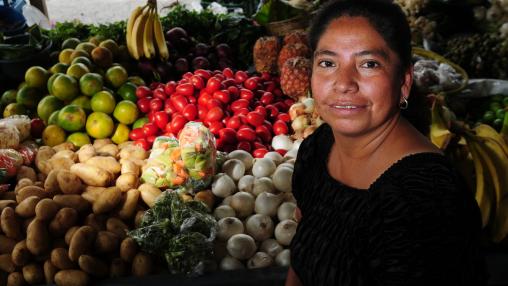
FEWS NET Releases Latest Monthly Price Data
The Famine Early Warning Systems Network (FEWS NET), funded by USAID, has released its latest monthly price watch detailing staple food prices for January 2011. These reports provide food security updates for 25 countries vulnerable to food insecurity, focusing on impacts on livelihoods and markets. These updates can help policymakers recognize and mitigate potential threats to food security.
Download the latest reports below. For more information regarding FEWS NET, please visit www.fews.net .
Files:

Commodities Prices
2011 has seen continuing fluctuations in the international price of agricultural commodities such as wheat, maize, soybeans, and corn. These staples often make up the bulk of the diet of the world’s poor; thus, any drastic change in the price of these commodities can have serious impacts on the economic stability and food security of the developing world. The fear and uncertainty surrounding changing commodities prices panic policy responses that only exacerbate food insecurity.
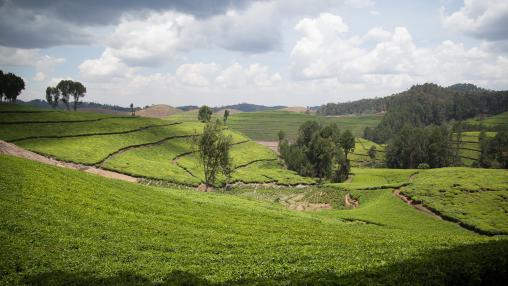
2010 IFPRI research on food security
As food prices rose in 2010, the issue of food security was once again brought to the forefront of global attention. Wildfires in Russia, floods in Pakistan and Australia, and drought in China contributed to widespread concern about the cost and sustainability of the world’s food supply. With high and volatile food prices causing potential long-term problems for economic growth and poverty reduction, particularly in the developing world, the need for research-based policy responses is clear.
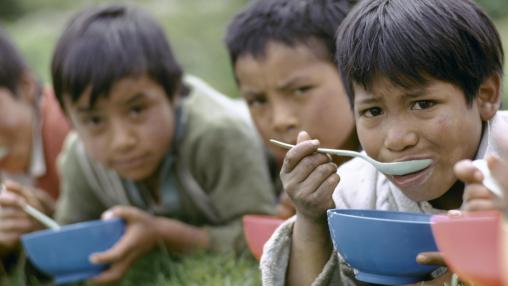
Current Prospects for Scaling-Up Nutrition Outcomes
Nutrition has been gaining momentum as an important issue in high-level global development debates. Dr. David Nabarro of the UN High Level Task Force on the Food Security Crisis recently shared his views on how human nutrition is being prioritized, addressed, resourced, and assessed by different groups of stakeholders at global, regional, and national levels. At the 20th Annual Martin J. Forman Memorial Lecture, held on November 4 at the International Food Policy Research Institute in Washington DC, Dr.
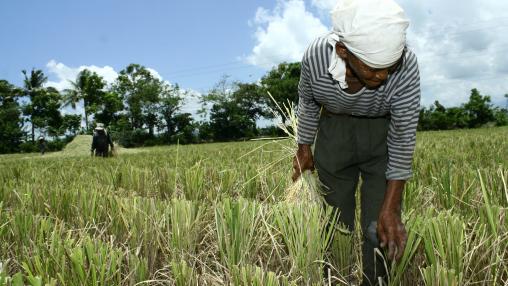
2007-2009 IFPRI research on food crisis and food security
“The G-20 is the premier forum for our international economic development that promotes open and constructive discussion between industrial and emerging-market countries on key issues related to global economic stability. By contributing to the strengthening of the international financial architecture and providing opportunities for dialogue on national policies, international co-operation, and international financial institutions, the G-20 helps to support growth and development across the globe.” ( G20 Mandate )